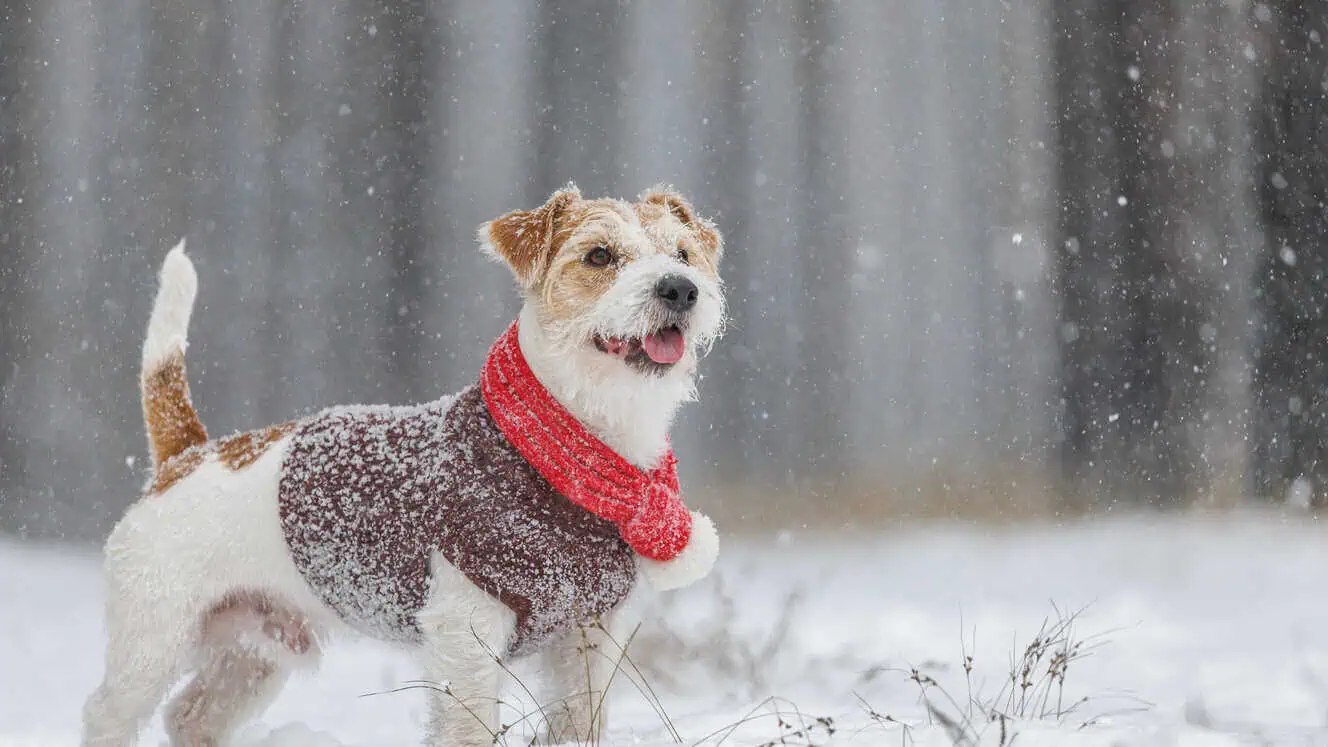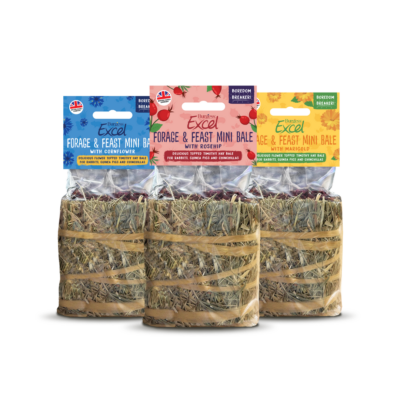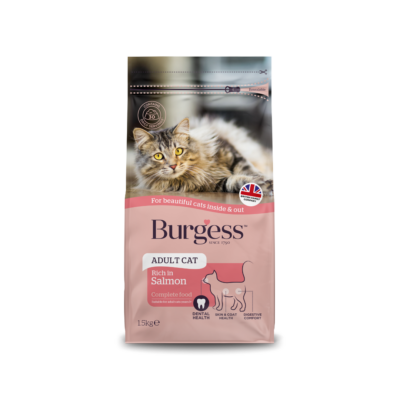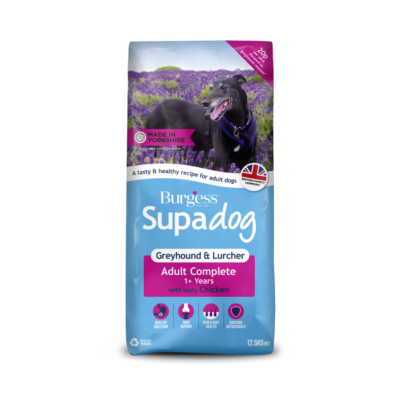
If winter makes you want to spend as much time as possible on the sofa in your onesie, watching seasonal movies, fuelled by hot chocolate and Hobnobs, counting down the days to spring, then you’re not alone.
A poll of 2,000 adults by British Gas revealed that eight in 10 of people in the UK enjoy nothing more than curling up on the sofa in their warm home when the weather sets in. More than a third confess to doing less exercise during the colder months and a further four in 10 say they feel unhappier in winter than they do in summer. Just under half – 48% – said given the choice, they’d prefer to batten down the hatches entirely and hibernate for the whole season.
WINNING WINTER TIP FOR HUMANS!
Concepts such as hygge and koselig – Danish and Norwegian terms referring to a cosy state of mind and conviviality which helps them make the most of these long months – are the key to an approach which means they stay happy and healthy all year rather than wishing winter away.
Thankfully, if you have pet animals to care for, you have to resist the lure of the sofa and get going. As far as our furry friends are concerned, whatever the weather or time of year, they always need you to be on your A game.
Winter blues? Kick them into touch!
What’s more, as well as giving focus and structure to your day when it’s a struggle to shake off the duvet and get out of bed, interacting with animals can really help kick those winter blues into touch.
Online vet service Vetster says: “Most humans living in a climate with a cold season are familiar with the winter doldrums. Contact with and caring for animals offers many benefits to pet owners year-round. Focusing on keeping your pet healthy and active during the winter can serve a dual purpose in keeping your own winter doldrums at bay.”
WINNING WINTER TIP FOR HUMANS!
Several studies have shown that outdoor activities – such as a brisk walk – are even better for your cardiovascular and lung health than the same exercise performed indoors, thanks to the impact of wind resistance and fresh air, and spending time outside, particularly in nature, has been proven to lift mood.
“During the colder months when there are fewer hours of daylight, you may be less likely to go on long walks with your dog or participate in evening playtime with your cat,” adds the Animal Humane Society. “Making an effort to incorporate activities into your routine can compensate for the warmer weather outings you may be missing. Regular exercise reduces animals’ stress and burns excess energy, preventing unwanted behaviours brought on by boredom or anxiety.”
Focusing on caring for your beloved pet friends throughout the winter months is a win-win. They’ll get all the comfort and support they need – and you’ll bolster all those warm and fuzzy feelings you get from seeing your pet animals enjoying life to the full.
Here’s how to put your ‘winning winter’ plan in action:
1. ARE YOUR PETS PROTECTED AGAINST THE COLD?
If we humans feel the cold, then our pets do too, which is why extra attention needs to be paid to ensuring they’re protected from chilly and wet weather. Veterinary charity PDSA advises: “Just like us, our pets might need a little extra TLC over the winter months. It’s important they stay safe, warm and active as temperatures start to drop, whether you have a dog, cat or a smaller pet.”
- WINTER TOGS FOR DOGS Although they come fully equipped with a fur coat, many dogsreally feel the cold. Elderly dogs, puppies and short-haired dogs – such as Chihuahuas, Greyhounds, Dobermans and Staffordshire Bull Terriers – are most vulnerable. “Think about getting a coat for older dogs or those with thinner fur,” advises PDSA. As a rule of thumb, If the weather is chilly enough for you to need a coat, so does your dog. For longer-haired dogs, keep up your grooming regime – matted fur won’t insulate as well against snow and wintry rain. From a safety perspective, investing in hi-vis or LED collars and leads for after-dark winter walkies is also a good call.
- COMFORTABLY COSY CATS “Most cats prefer to snuggle up inside during the winter,” says pet welfare charity Blue Cross. “But if yours is the outdoor type, make sure they always have a warm place they can go to at all times.” Pet safe heat pads or radiator hammocks will be much appreciated. PDSA Vet Lynne James advises: “Your puss may want to stay indoors more when it gets cold – give them toys to play with to keep them occupied and a litter tray so they don’t have to brave the elements. If they still prefer to go outside, make sure they can easily get back inside or have access to a warm, sheltered area when the temperature plummets.”
- EXTRA PROTECTION FOR OUTDOOR PETS Our small pets need extra care during the winter months. Outdoor bunnies should be housed in a shed or outbuilding that has space to run about inside when it’s cold and wet. During cold snaps, provide a couple of pet-safe heat pads for your buns to lie on. Guinea pigs really don’t like the cold and need to come inside during the winter. Create a quiet, cosy space for them in a porch or utility room. Ferrets are actually more tolerant of cold than they are of heat, but if kept outdoors, they need to be inside a shed with a pet-safe heater to ward off the worst of the wintry chill.
- NO CHILLS FOR SMALL INDOOR PETS Our smallest pet friends such ashamsters, rats, mice, gerbils, degus and chinchillas may also need some extra warmth to help them through the chilly winter. Move their accommodation away from drafts – cold air from windows and doors can give small pets a chill. Choose somewhere secure where they can stay warm without overheating. Provide extra bedding to snuggle into on cold days – and change it regularly to keep things fresh and dry.
2. ARE YOUR PETS GETTING ENOUGH EXERCISE?
It’s tempting to avoid doing much exercise during winter, but being inactive is no good for man nor beast. “Don’t stop exercising your pet!” urges PDSA “They’ll still need to get just as much exercise as they normally would to keep them healthy and stop them getting bored. If it’s too cold or wet for playtime outdoors, why not try a game or fun toy to keep your cat, dog or rabbits entertained indoors instead?”
- ENJOY WINTER WALKIES AND INDOOR GAMES WITH YOUR DOG It’s important to ensure that your dog has as much access to daylight and fresh air as possible. Ensure your furry friend is walked at least once a day during daylight to soak up some vital vitamin D and give ‘feel good’ serotonin levels a boost. Also think up some exciting indoor games such as ‘hide and seek’ with a favourite toy or some treats, bouncing a balloon on their nose or playing tuggie. Place some of their food ration inside Kongs or food puzzles to give them fun and challenging tasks to do.
- MAKE INDOOR LIVING MORE ENRICHING FOR YOUR CAT If you have a catthat becomes restless when kept indoors, it’s important to give them things to do. For cats, the best games are those that make the most of their natural repertoire of behaviours – stalking, pouncing, chasing and batting objects with a paw, exploring, climbing, jumping and patrolling. These ‘hunting’ skills, replicated by pursuing or swiping at a toy, release feel-good hormones called endorphins, which boost feline feelings of wellbeing. Enrichment toys, puzzle feeders that you can fill with tasty dry cat food nuggets, and intriguing cat water fountains will keep them entertained and exercised.
- CHALLENGE YOUR BUNS Rabbits enjoy games that cater to their natural tendencies. A game of bunny bowling will appeal to their mischievous side, as they take great delight in knocking things over. Set up some toy bowling pins and watch as your buns nose-bonk them all down. Or why not try a hopping challenge? Build a low wall out of small cardboard boxes and encourage your buns to hop over them by repeating the word “hop” and holding a tasty treat in front of them. When they make the leap, reward them with the treat, along with lots of praise.
- ADD SOME FORAGING FUN FOR YOUR SMALL FURRIES Other small pets such as guinea pigs, hamsters, chinchillas, rats, ferrets, degus and gerbils will enjoy foraging for tasty titbits. Simply scatter their favourite food around their enclosure, hide it inside paper bags or mix it with some hay and stuff this into cardboard loo rolls for them to investigate. You could also tempt them to come out and play with some healthy treats such as Winter Berry Bakes, which are packed with cranberry and apple for that perfect seasonal forage treat!
NEW! Keep your small furries busy with an Excel Forage & Feast Mini Bale Bundle >>
3. ARE YOUR PETS SAFE?
Our pets rely on us to keep them safe and protected from the chill of winter. “When it’s cold for us, it’s cold for our pets, which is why it’s important to take extra precautions to keep them safe and warm,” advises the British Veterinary Association (BVA). “During the coldest months, dogs and cats need easy access to shelter and a cosy den, and while dogs will still need exercise, owners should take precautions to protect them from the cold.”
The BVA recommends taking extra care of small furries in winter: “Rabbits and guinea pigs are also vulnerable to hypothermia despite their warm coats, so owners should take steps to ensure any outdoor hutches are well protected from the snow, cold draughts and winter rain. If you have any concerns about your pet in this cold weather, please consult your local vet for advice.”
STOCK UP on cosy, sweet-smelling hay with a Dandelion & Marigold Munchie Hay Bundle >>
CHECK OUT THE BVA’S TOP TIPS FOR WINNING WINTER
- Take precautions during and after dog walks: Dogs still need exercise in the cold months but consider putting a coat on older dogs or those with thin fur to keep them warm during walks. Wipe your dog’s paws and belly on returning home from a snowy walk to remove any ice or salt, and regularly check for cracks in paw-pads or for redness between the toes. Grit or rock salt can be extremely toxic to dogs and cats if ingested.
- Avoid antifreeze poisoning: Wiping your pets’ paws can prevent them from ingesting toxins that they may have walked through whilst outside. Antifreeze in particular is highly toxic for cats, even in small amounts. Apart from use in car radiators and de-icing products, some cases are thought to be linked to ingesting diluted antifreeze used in ornamental water features to protect the pumps. Store and use antifreeze products carefully and clean any spillages thoroughly.
- Make sure your dog’s bed is in a draught-free, warm spot insulated from the floor in the house. Line it with an extra blanket or two.
- Consider keeping older cats indoors during extreme cold snaps and provide even healthy, young cats with easy access to shelter and warmth.
- Rabbit and guinea pig hutches or runs should be in a sheltered position, away from wind, rain and snow, and at least 10 cm off the ground. Line them with plenty of newspaper, provide lots of hay and cover the hutch with an old duvet, blanket or tarpaulin. Rabbits need a temperature between 10⁰C - 20⁰C (the lower temperature assumes rabbits are healthy and kept with other rabbits, with lots of bedding for warmth) and guinea pigs need 5⁰C - 20⁰C, avoiding significant fluctuations in temperature. If the weather becomes very severe, consider moving outdoor pets inside to a well-ventilated space with light and room to exercise. Check water bottles or bowls regularly, as these can freeze when the temperature drops.
Get your guineas nice and cosy with our Indoor Guinea Pig bundle! Warm up your buns’ winter with our Indoor Rabbit bundle! >>
Burgess in-house vet and deputy managing direct, Dr Suzanne Moyes MVB MRCVS, adds: “Winter can be a great time for snuggles on the sofa with a furry friend, but many of our pet animals can find this time of year a challenge. If you have any concerns about caring for your dog, cat or small pets during the winter months, or if they seem out of sorts, always contact your vet for advice.”
You can also get in touch with us using our online contact form, or give our expert team a call on +44 (0)1405 862241 and we’ll be happy to help.
LOVE PETS? TRUST BURGESS – WE’RE EXPERTS IN OUR FIELD!
Burgess Pet Care is one of the UK's leading pet food manufacturers for the country’s most popular pets – dogs, cats, rabbits, guinea pigs, chinchillas and degus, hamsters, gerbils and mice, rats and ferrets.
At Burgess Pet Care, all our high-quality recipes have been formulated by vets and nutritionists. This ensures they contain the right balance of vitamins and minerals to supplement your pet’s diet to help keep them happy and healthy. With a long tradition of supporting British famers, we actively source all our ingredients as close to our mill as possible.
12 fascinating facts you may not know about Burgess Pet Care! >>
Is your dog a Burgess dog? Your cat a Burgess cat? Your small pets Burgess small pets? Join the Burgess Pet Club for exclusive offers and rewards.
CARE MORE Find lots of useful advice on caring for your pets from Burgess, the pet experts. Training, nutrition, grooming and general care, it's all here >>
If you found this interesting, you may also like:
MOVING YOUR SMALL PETS INDOORS FOR THE WINTER As wintry weather starts to settle in, should you move your small outdoor pets such as rabbits, guinea pigs and ferrets indoors?
10 WAYS TO KEEP YOUR SMALL PETS SNUG AND WARM THIS WINTER Did you know that while rabbits cope with cold weather quite well, guinea pigs don’t like it all and should be brought indoors and, in winter, ferrets can be prone to getting flu? To ensure your small pets keep cosy in the cold, we’ve lots of practical ideas and must-read advice...
COSY TOES AND SNUGGLY NOSES As the days get shorter and there’s a distinct chill in the air, as well as digging out our woolly socks, bobble hats and fluffy fleeces, it’s time to turn our attention to what our pet friends need to stay healthy and happy during the winter.
ARE YOUR PETS DOWN IN THE DUMPS?
The short, chilly days of winter take their toll on humans – and the same can be true for our pets. Find out how to boost the feelgood factor for your four-legged friends...
WET DAYS OUTDOORS AND MUDDY PAWS By investing in a few clever pieces of kit, both you and your canine chum can get through the wettest days of winter with ease.
ESSENTIAL CHECKS FOR YOUR SMALL PETS THIS WINTER From checking that outdoor accommodation is weatherproof and providing extra bedding, to scheduling suitable exercise time (small pets still need to keep active) and regularly checking water supplies, our handy checklist outlines what to do to help your pets cope with chilly, wintry weather.
WISE UP TO WINTER COLDS AND FLU During the winter, it’s not only us humans that can feel a little under par, thanks to the range of seasonal cold and flu viruses that do the rounds. Our pets can also be susceptible to a range of unpleasant illnesses and infections.
WINTER-WISE ADVICE FOR DOGS Want to take good care of your dog in winter? Here’s how to help your canine chum get through this cold, dark season safely...
CATS AND COLD WEATHER The chilly, dim days and long dark nights of winter can present quite a few dangers to our feline friends, so it’s important to help them stay safe, particularly if they’re an outdoor cat that likes to spend time outside in all weathers.
WHAT DOES WINTER DO TO YOUR DOG’S PAWS? For humans, the chill of winter often means chapped, cracked skin. Unsurprisingly, it can also cause paw problems for our dogs as they pad their way through freezing ice and snow.
COME IN FROM THE COLD Practical ways from feline experts to help your cat cope with winter. From top tips for helping outdoor loving cats cope with cold snaps and how to make indoor life especially cosy, to advice on how to make time inside much more fun for your feline friend.
HOW TO PLAY GAMES WITH CATS OF ALL AGES Like all baby animals, kittens love to play. As well as being lots of fun, play teaches young cats about the world around them, aids their physical development and hones their fabulous feline skills. As cats get older, play is a great way to keep fit, lean and healthy, as well as keeping their brain alert and active – something that remains important for the whole of their life.
GAMES TO PLAY WITH YOUR RABBITS We’ve some fun ideas to add interest and excitement to your buns’ day, which will help them stay physically and mentally fit.
HOW TO HELP YOUR BUNNIES GET ALL THE EXERCISE THEY NEED To encourage your bunny chums to like to move it, move it, create an exciting space where they can hop, run, jump, explore and forage.
FINDING A VET FOR YOUR SMALL PETS Did you know that just like hospital specialists, vets have different areas of expertise? That’s why, if you have small pets, it can be a good idea to seek out a vet that specialises in small animal medicine.
KEEP CALM AND CALL THE VET If you have pets, it’s always best to be prepared. Regular checks will help you spot if something’s not right. Plus, would you know what to do in an emergency?
THINGS TO MAKE AND DO When it comes to enriching toys for your pets to brighten up the dreary days of winter, why not get crafty and do it yourself?
GAME PLAN From ‘treat-seeking missions’ to indoor circuits, getting creative with cardboard box activity centres and paper bag wraps, we’ve lots of ideas for you to boost the feelgood factor for your four-legged friends.
BIG IDEAS FOR SMALL PETS Enriching the lives of our small animals will help them lead their best pet lives. We’ve lots of ideas for things you can introduce to keep things interesting for small furries.
MAKE EVERY DAY A PLAY DAY FOR YOUR PETS Not only is play important for young humans, it’s also essential for young animals too. As well as being lots of fun, play is how they learn and explore the world around them.
HOW TO TELL IF YOU HAVE A HAPPY PET Wheek-wheeking, bruxing, dooking, chirping, binkying, popcorning – there are all sorts of ways our pets tell us they’re feeling good, once you know what to look for...

















